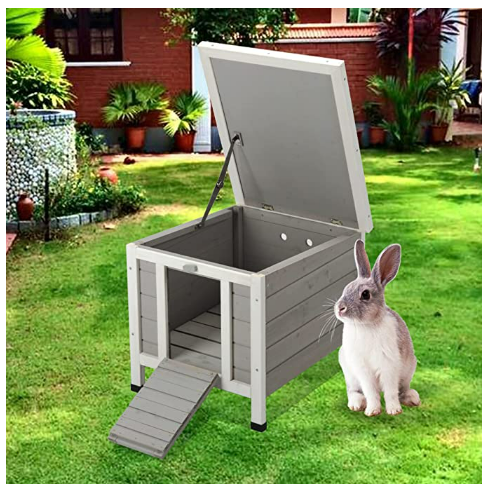Are you interested in having a lionhead bunny as a pet? Lionhead rabbits are a popular breed known for their fluffy manes and playful personalities. If you are considering breeding Lionhead rabbits, it is important to understand the responsibilities and considerations involved. Here is a guide on how to breed Lionhead bunnies:
Table of Contents
Educate yourself on the breed standards and genetics of Lionhead rabbits.
Lionheads have a specific genetic mutation that causes their distinctive mane of fur around their head. It is important to understand the genetics of this breed to produce healthy and well-conformed bunnies. Remember, there are specific mane genes that would generate lionhead rabbits live after pregnancy.
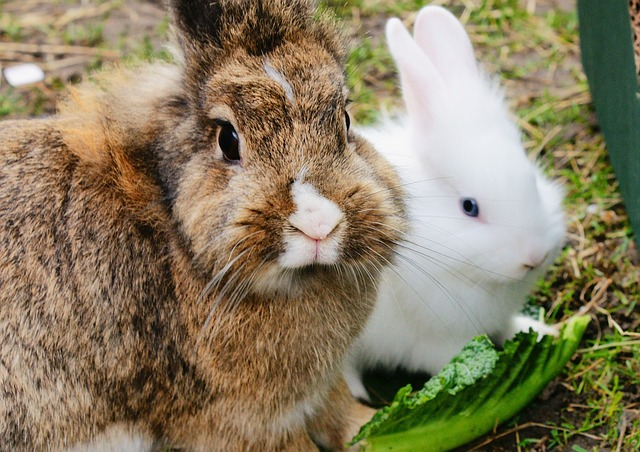
Choose a good breeding pair.
It is important to select rabbits that are healthy, have good conformation (meaning they meet breed standards), and have good temperaments. Avoid breeding rabbits that have any health issues or genetic defects.
Understand the rabbit reproductive cycle.
Female rabbits, or does, are polyestrous, meaning they can have multiple litters of bunnies per year. They are also induced ovulators, meaning they ovulate (release an egg) when they mate. Does can become pregnant at any time, so it is important to separate them from male rabbits (bucks) when you are not intentionally breeding them.
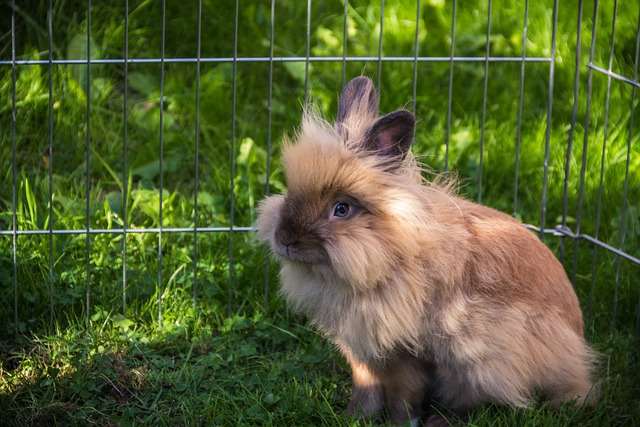
Set up a breeding pen.
When it is time to breed your rabbits, you will need to set up a separate breeding pen for the doe and buck. This pen should be large enough for the rabbits to move around and should have a nest box for the doe to give birth and raise her young.
Introduce the doe and buck.
When introducing the doe and buck, it is important to observe their behavior and make sure they are getting along. If the doe seems distressed or the buck is being aggressive, separate them immediately. It is also a good idea to have a backup plan in case the pair does not get along or the breeding does not result in pregnancy.
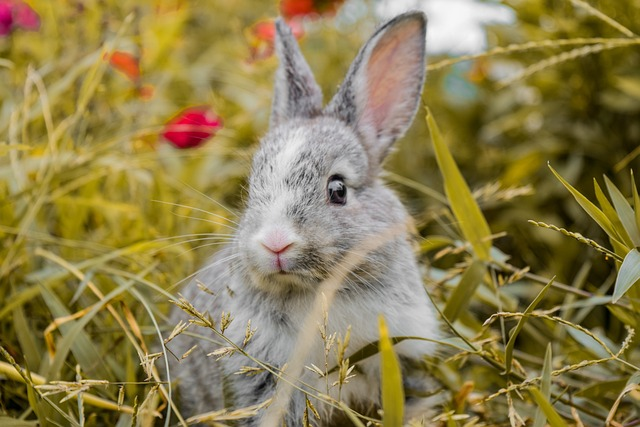
Care for the doe during pregnancy.
During pregnancy, the doe will need a high-quality diet to ensure that she is getting all the nutrients she needs to support her growing litter. Offer her fresh hay, a balanced pellet diet, and fresh vegetables daily. It is also important to keep an eye on her weight, as it is normal for does to gain weight during pregnancy.
Prepare for the birth of dwarf lionhead bunnies.
When the doe is close to giving birth, she will begin to pull fur from her body to line the nest box. This is a natural behavior called “kindling,” and it is a sign that birth is imminent. Make sure the nest box is clean and lined with plenty of soft, clean bedding.
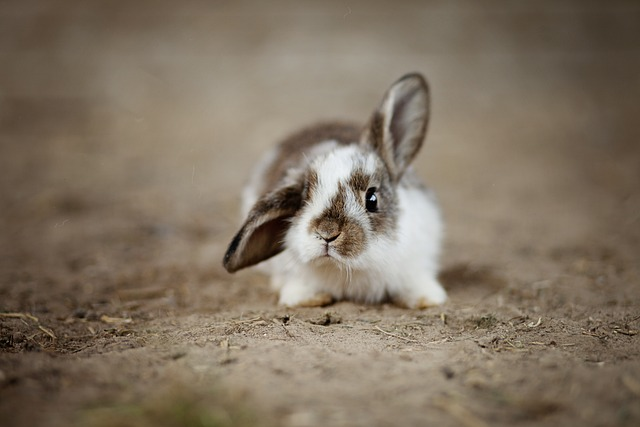
Care for the kits.
When the kits are born, it is important to keep a close eye on them and make sure they are nursing and growing properly. The doe will provide all the care the kits need, but you should still check on them daily to make sure they are getting enough to eat and are healthy.
Wean the kits.
When the kits are around 8 weeks old, they can be slowly weaned off their mother’s milk and onto solid food. Offer them a high-quality pellet diet and fresh hay, and gradually introduce them to small amounts of fresh vegetables.
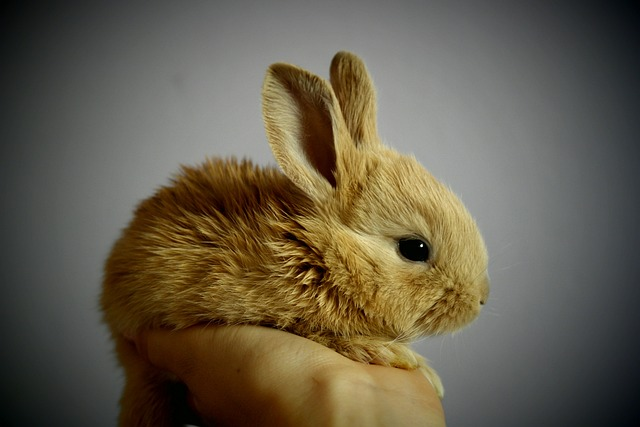
Find homes for the kits.
When the kits are old enough, it is time to find them new homes. This can be done through rabbit shows, online classifieds, or by working with local rabbit breeders. It is important to carefully screen potential homes to ensure that the kits will be well-cared for and loved.
Breeding Lionhead rabbits can be a rewarding experience, but it is also a big responsibility. It is important to understand the considerations and responsibilities involved in breeding before jumping in. Proper care and attention must be given to both the breeding pair and the kits to ensure their health and well-being.
In addition to the steps outlined above, there are a few other things to consider when breeding Lionhead bunnies:
Health Testing
It is important to have both the doe and buck tested for any potential genetic health issues before breeding. This can help prevent the transmission of any inherited health problems to the kits.
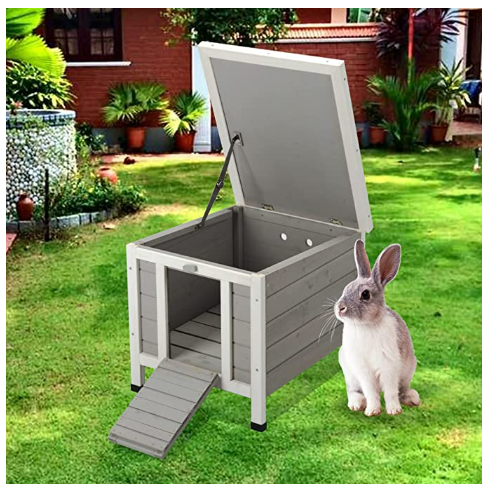
Space and Housing
Both the breeding pair and the kits will need plenty of space to move around and exercise. Make sure you have enough room to accommodate them and that the housing is clean, safe, and comfortable. Here is one of the most reliable and bunny-owner-approved housings for bunnies. You can purchase it from Amazon here.
Diet and Nutrition
A healthy diet is crucial for both the breeding pair and the kits. Make sure you are offering a balanced diet of hay, pellets, and fresh vegetables, and pay attention to any changes in appetite or weight.
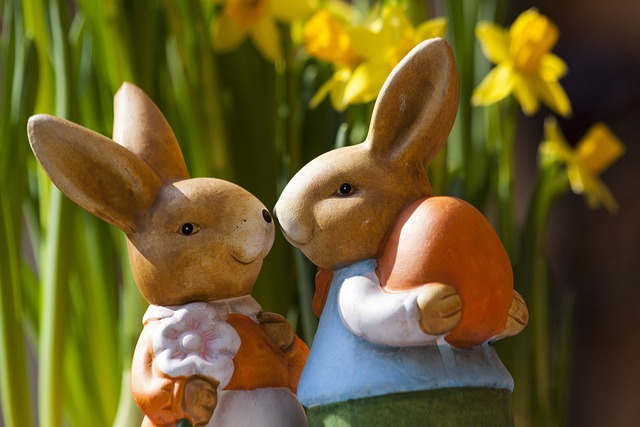
Socialization
It is important to socialize the kits from a young age to ensure they are well-adjusted and friendly. Handle these dwarf lionhead rabbits frequently and expose them to different people, environments, and experiences.
Spaying and Neutering
If you are not planning on breeding your rabbits again, it is a good idea to have them spayed or neutered. This can help prevent any unwanted pregnancies and can also have health benefits for the rabbits. By spaying and neutering, you are saving yourself from temperament lionhead rabbits in the future.
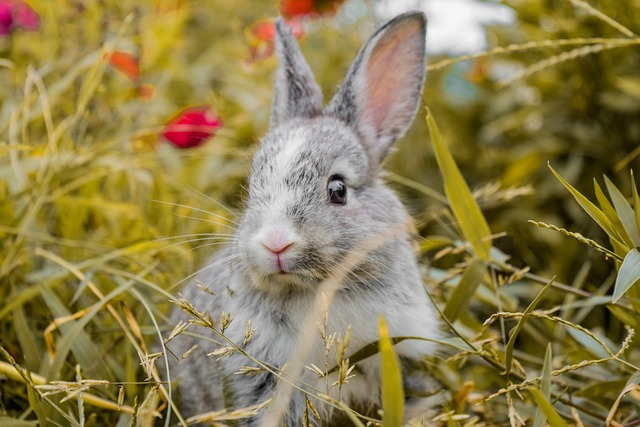
Breeding A Lionhead Bunny According to American Rabbit Breeders Association Guidelines
The American Rabbit Breeders Association (ARBA) is a national organization that promotes the breeding and showing of domestic rabbits. If you are planning on breeding Lionhead bunnies, it is a good idea to familiarize yourself with the ARBA’s breed standards and guidelines.
The ARBA has established breed standards for Lionhead rabbits, which outline the desired traits and characteristics for the breed. This includes physical characteristics such as body type, coat color and quality, and head size and shape. It also includes temperament and personality traits such as friendliness and adaptability.
To be considered show quality, a Lionhead rabbit must meet these breed standards. If you are planning on showing your rabbits at ARBA-sanctioned events, it is important to make sure they meet these standards.
In addition to the breed standards, the ARBA also has guidelines for responsible breeding practices. This includes recommendations on selecting breeding stock, caring for pregnant does and kits, and finding homes for the kits.
By following the ARBA’s breed standards and guidelines, you can help ensure the health and well-being of your Lionhead bunnies and contribute to the overall quality of the breed. It is also a good idea to join the ARBA and stay up-to-date on the latest news and information on rabbit breeding and showing.
Breeding Lionhead bunnies can be a rewarding and enjoyable hobby, but it is important to be prepared and educated before taking on this responsibility. With proper care and attention, you can successfully breed and raise healthy and happy Lionhead bunnies.
Frequently Asked Questions About Owning a Lionhead Rabbit
- What is the lifespan of a Lionhead rabbit? Lionhead rabbits can live for 8-12 years with proper care.
- How big do Lionhead rabbits get? Lionhead rabbits are a small to medium-sized breed, typically weighing between 3-4 pounds.
- What do Lionhead rabbits eat? Lionhead rabbits should be fed a diet of hay, a small amount of pellets, and fresh vegetables. You can purchase the most recommended pellets in Amazon.
- Do Lionhead rabbits need to be groomed? Yes, Lionhead rabbits have long, thick fur that requires regular grooming to prevent mats and tangles.
- Can Lionhead rabbits be litter trained? Yes, many Lionhead rabbits can be litter trained using a litter box and appropriate litter. You can get the highest-purchased rabbit litter on Amazon here.
- Are Lionhead rabbits good pets for children? Lionhead rabbits can make good pets for children, as long as the children are supervised and the rabbits are handled gently.
- Do Lionhead rabbits get along with other pets? Lionhead rabbits can get along with other pets, such as cats and dogs, if they are introduced and socialized properly.
- Can Lionhead rabbits live indoors or outdoors? Lionhead rabbits can live either indoors or outdoors, as long as they have a suitable enclosure and are protected from extreme temperatures.
- Do Lionhead rabbits need a lot of space? Lionhead rabbits need a certain amount of space to move around and exercise, but they can be kept in a smaller enclosure as long as they have access to a larger play area.
- Can Lionhead rabbits be left alone during the day? Lionhead rabbits can be left alone during the day as long as they have access to food, water, and a clean litter box. It is also a good idea to provide them with toys and activities to keep them entertained.

